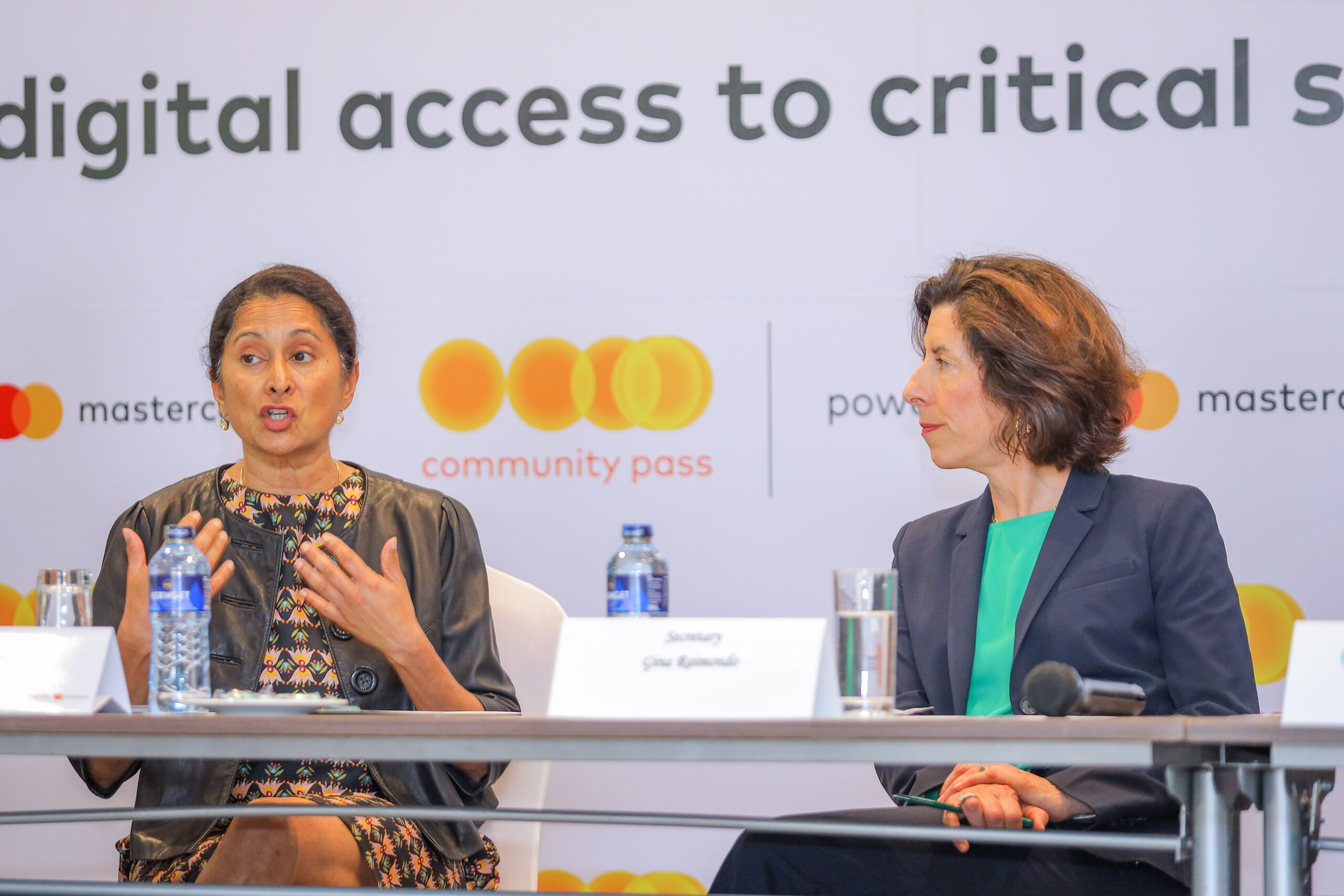advertisement
A Look At Mastercard’s Community Pass Project In East Africa

With agriculture playing a crucial role in growing the African economy, the sector still faces many challenges, some of which have been exacerbated by the global climate crisis. Smallholder farming is becoming a precarious business with most farmers losing between 30 to 40 percent of their crops to post-harvest losses, impacting their ability to make money or save profits.
Looking to address this problem, Mastercard launched Community Pass with a mission to digitally enable smallholder farmers in Africa. Speaking to CIO Africa, Tara Nathan, EVP and Founder of Mastercard Community Pass, takes a step back and looks at the successes and challenges that the project has gone through in the time it has been operational.
Community Pass has been instrumental in supporting small-scale businesses, particularly smallholder farmers, across Africa since its inception in 2015. Originating from the Innovation Lab for Financial Inclusion in Nairobi, Community Pass aims to address the digital divide and empower underserved communities.
advertisement
Community Pass has seen a tremendous growth, even expanding its reach to India and other regions in Africa. Today, over 5 million users are connected to Community Pass, an interoperable digital platform, across Kenya, Uganda, Tanzania, Ethiopia, and India.
Nathan talked of the success Community Pass has seen as well as the projection they have for the future. She went further to share specific examples of the impact Community Pass has had to some of these smallholder farmers who are benefiting from it.
“We have seen tremendous success with Community Pass across the African continent. For example, in Uganda, a farmer accessing agro-dealers through Community Pass reported doubling their harvests by purchasing quality seeds and fertilizers. As farmers are better able to reach new buyers through the digital marketplace, they are reporting increases to their crop prices by up to 30 percent, demonstrating the tangible benefits of digital inclusion in rural communities,” Tara Nathan remarked.
advertisement
Looking ahead, Tara Nathan says that Community Pass has bold and audacious plans for growth and development fostering digital and financial inclusion and empowering underserved communities.
“In the coming year, we are enhancing the functionalities of the Community Pass platform to deliver even greater value to our users, particularly smallholder farmers. We are actively developing features that will enable seamless and secure payments for various stakeholders within the Community Pass ecosystem, including farmers, cooperatives, agro-dealers, and lenders. We are also enhancing our credit enablement functionality, allowing farmers and suppliers to access credit for essential inputs like seeds and fertilizers, thereby facilitating their economic growth and resilience,” Nathan further said.
She said that the success they’ve had on their existing geographies like Uganda and Kenya has shown that Community Pass has intense potential to make a difference in markets like Nigeria and Ghana. However, their approach extends beyond simply entering new territories.
advertisement
Community Pass is also looking to grow the ecosystems in the geographies they already have a presence in which will not only unlock new services and opportunities for users, but also ensure the commercial sustainability of the ecosystem.
The path to scaling Community Pass has been lined with challenges, and its success predicated on an ability to learn from setbacks. Nathan has noted that the operating environment in these fragile and low-income markets to be complex and challenging to navigate.
“In low-income markets, the capacity to scale is often constrained by infrastructure limitations or other gaps in technology or service, such as low connectivity or high energy costs. However, we see these challenges as opportunities for learning and growth. To address some of these operational headwinds, we actively collaborate with partners to provide catalytic funding and to de-risk local private sector entry into low-income markets, and to facilitate access to training and capacity building,” she noted.
Community Pass is addressing its challenges to see that its growth in the future is even more impactful than what we have seen so far.
“We have also leveraged learnings from pilot programs. For instance, in the healthcare sector, we piloted a consumer-facing solution that was not yielding sustainable revenue for our customers or Mastercard. Through this experience, we pivoted towards offering a functional identity solution that serves as a gateway to accessing not just healthcare but also other critical services,” Tara Nathan remarked.
The company is now working to expand its user base, with a commitment to reach 30 million Community Pass users globally by 2027.